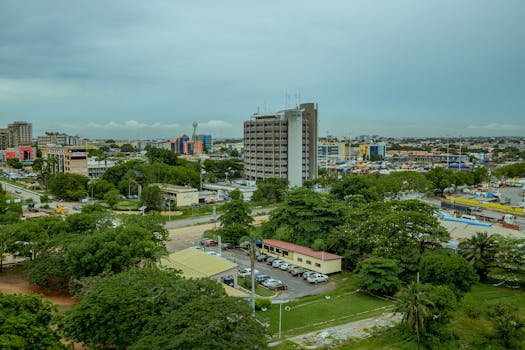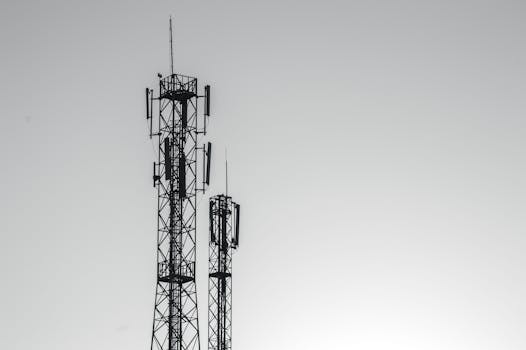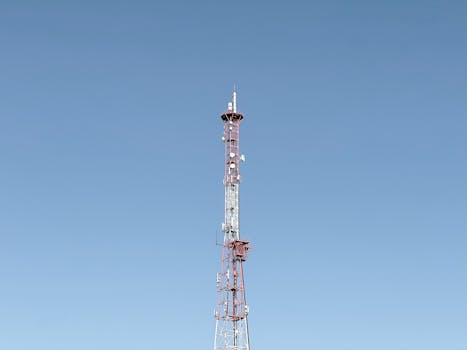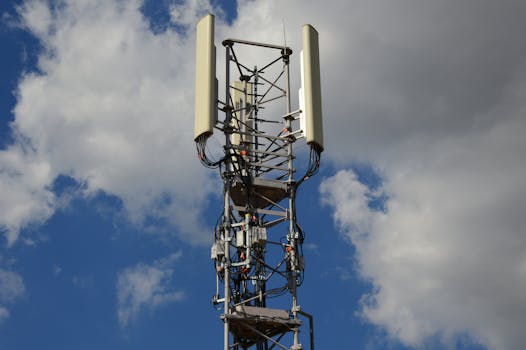
The Rise of 5G in Africa: Opportunities and Challenges Ahead
Introduction to 5G in Africa

The rise of 5G in Africa, 5G in Africa is revolutionizing the way people live, work, and communicate. The fifth generation of wireless technology promises faster speeds, lower latency, and greater connectivity, enabling a wide range of new use cases and applications. From enhanced mobile broadband to massive machine-type communications, 5G has the potential to transform industries and improve lives across the continent.
Opportunities of 5G in Africa

One of the most significant opportunities of 5G in Africa is the potential for economic growth and development. With 5G, businesses can take advantage of new technologies such as artificial intelligence, blockchain, and the Internet of Things (IoT) to increase efficiency, productivity, and innovation. This can lead to the creation of new jobs, industries, and opportunities for entrepreneurship, contributing to the overall economic growth and development of the continent.
Another opportunity of 5G in Africa is the potential for improved healthcare outcomes. With 5G, healthcare providers can use telemedicine and remote monitoring to reach more patients, especially in rural and underserved areas. This can lead to better health outcomes, reduced mortality rates, and improved quality of life for millions of Africans.
Challenges of 5G in Africa

Despite the opportunities, there are also several challenges associated with the rollout of 5G in Africa. One of the main challenges is the lack of infrastructure, including fiber optic cables, cell towers, and data centers. This can make it difficult and expensive to deploy 5G networks, especially in rural and remote areas.
Another challenge is the need for spectrum allocation and management. 5G requires a significant amount of spectrum to operate, and the allocation and management of this spectrum can be complex and time-consuming. This can lead to delays and disputes, hindering the rollout of 5G networks.
Conclusion and Future Directions

In conclusion, the rise of 5G in Africa presents both opportunities and challenges. While there are significant benefits to be gained from the rollout of 5G, including economic growth, improved healthcare outcomes, and increased connectivity, there are also several challenges that need to be addressed, including the lack of infrastructure and the need for spectrum allocation and management.
To overcome these challenges, African governments, telecom operators, and other stakeholders must work together to develop and implement effective strategies for the rollout of 5G. This can include investing in infrastructure, developing policies and regulations to support the deployment of 5G, and promoting awareness and education about the benefits and opportunities of 5G.





